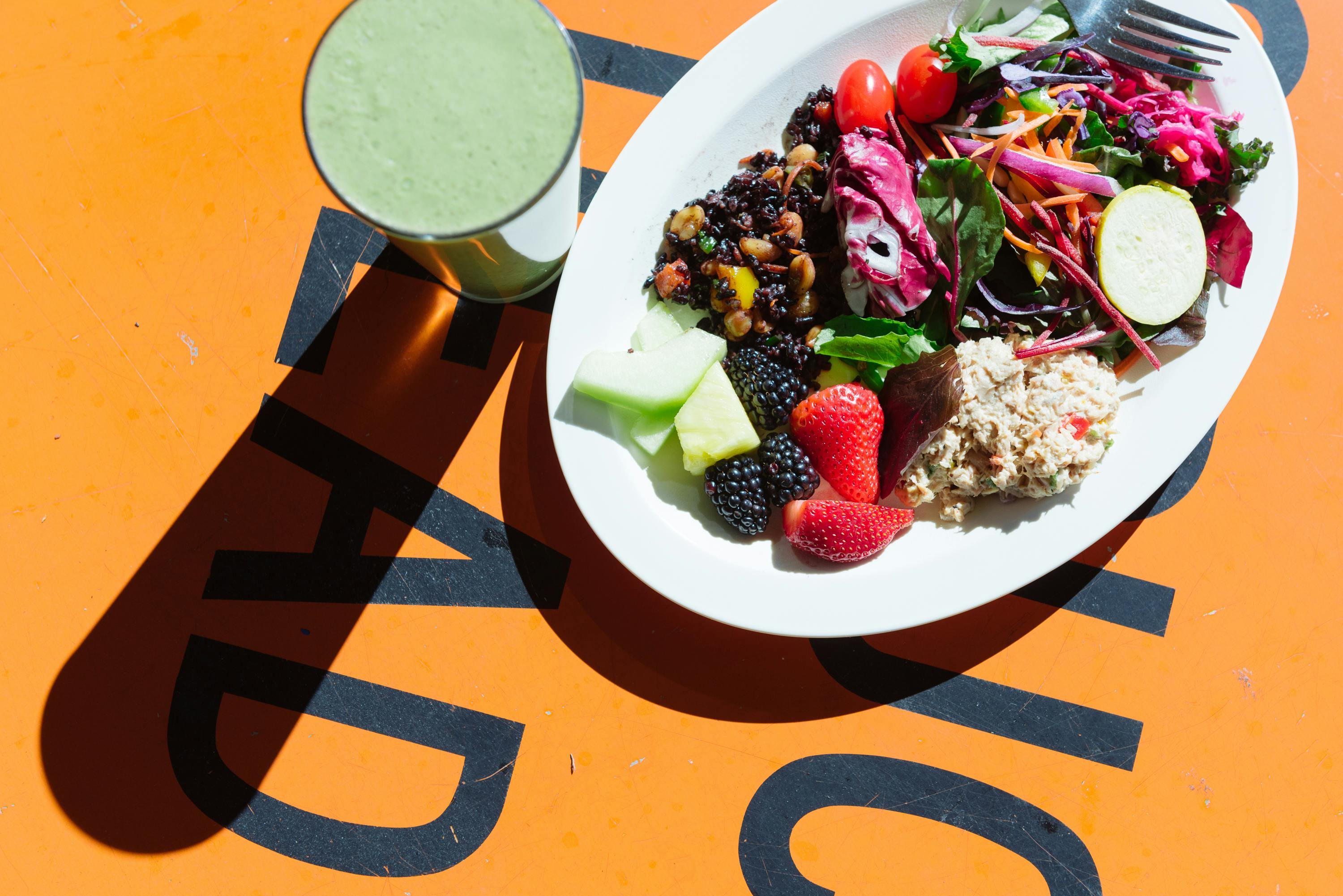Jordan Douglas, MS, HHC
Vitamin D has received considerable attention lately due to the correlation between vitamin D status and COVID-19. A simple PubMed search for “vitamin D and COVID-19” reveals over 150 free, full text studies, reviews and articles published in the last year on the topic (I invite you to peruse to learn more!). We know that the factors contributing to SARS-Cov-2 disease progression and severity are multifactorial, and that vitamin D status is clearly one of those factors.
Vitamin D is one of the fat-soluble vitamins (N.B. vitamin D is classified with the vitamins but is technically a steroid hormone), and is not considered to be an essential nutrient as humans are capable of synthesizing active vitamin D, provided we have adequate skin-sun exposure and absorption. However, vitamin D is incredibly essential to optimal health, especially considering we are spending more time indoors due to the pandemic and it is peak cold and flu season.
Vitamin D plays many crucial roles throughout our bodies – from cell differentiation, to insulin secretion, to bone health, to blood pressure regulation. Of particular concern these days, vitamin D is essential for proper immune system function, through its roles in modulating the immune response, enhancing innate immunity and protecting against autoimmune conditions. Vitamin D is known to be supportive to the respiratory system, quelling excess inflammation and facilitating healing. A systematic review conducted in 2017 found that daily or weekly vitamin D supplementation helps to protect against acute respiratory tract infection, particularly in those with low vitamin D status.
Ensuring adequate vitamin D status is a critical pillar of maintaining immune health, a healthy mood and overall optimal health throughout the winter months. Check with your physician to run labs to establish your baseline vitamin D status.
Here are three ways to enhance your vitamin D intake:
- Sunshine: Each day, aim to spend 10-15 minutes in the early morning or late afternoon sunshine with as much skin exposed as possible. I know it’s cold and often grey this time of year, so do the best you can and see #2 and #3.
- Diet: Vitamin D is found in some food sources, including fatty fish (e.g. mackerel, salmon, sardines), eggs, fortified foods (milk, orange juice, breakfast cereals) and mushrooms.
- Supplementation: While I’m typically an advocate of taking a food-first approach to ensure adequate nutrient intake, vitamin D is an important nutrient to consider supplementing with, particularly throughout the winter. I’m a fan of some of the liquid options on the market, as they have fewer ingredients, absorb quickly and you can easily adjust the dose. Mt. Angel Liquid Sunshine is one of my favorites for its clean formulation and affordability. You’ll find it in the Ellwood Thompson’s Nourish Department where you can also chat with one of the lovely Nourish stewards about other supplement options.
Stay safe, stay well, and email healthcoach@ellwoodthompsons.com to set up a free 30-minute virtual appointment if you’d have questions on curating an immune support protocol that is right for you!











